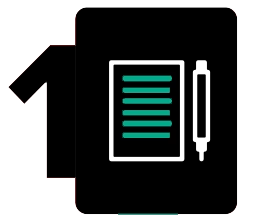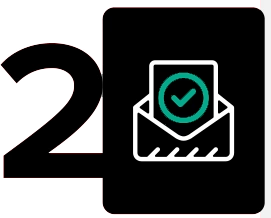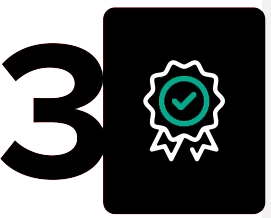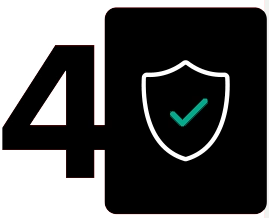The latest amendments to the UK late payment law – The Late Payment of Commercial Debts (Amendment) Regulation 2018 – promotes prompt, timely payment of commercial debts by allowing the Creditor to claim interest, a fixed sum of compensation, and in some cases the reasonable cost of collecting debt.
The regulation works by imposing a rate of 8% above base rate each year on overdue payments that relate to goods and services.



